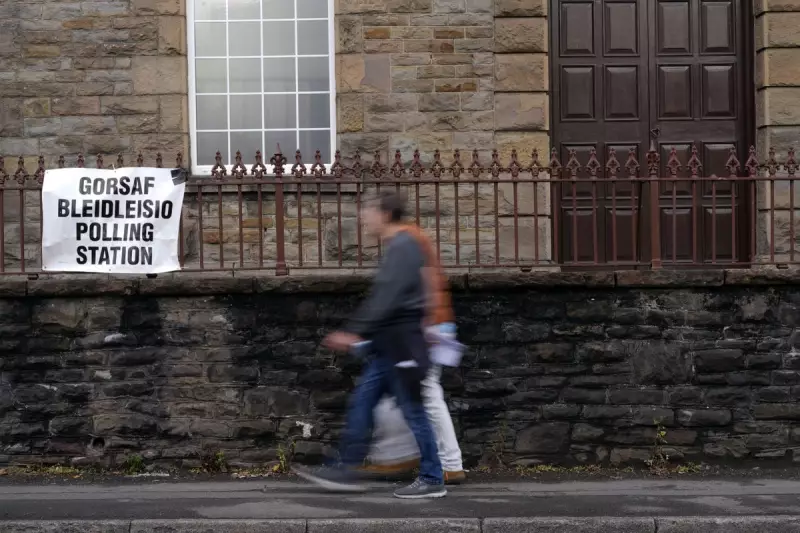
EDINBURGH - The foundations of Scottish and Welsh devolution are facing their most serious challenge in a generation as Westminster consolidates power in key policy areas, creating what constitutional experts are calling a "fundamental threat" to the UK's devolved settlement.
The Constitutional Standoff
Fresh analysis reveals that both the Scottish Parliament in Holyrood and the Welsh Senedd are grappling with unprecedented constraints on their law-making abilities. The situation has escalated into a full-blown constitutional confrontation, with Edinburgh and Cardiff increasingly at odds with London over who holds ultimate authority in crucial policy domains.
"What we're witnessing is a gradual erosion of devolved powers through both legislative means and financial pressure," explained Dr Eleanor Vance, constitutional law expert at the University of Edinburgh. "The post-Brexit landscape has created opportunities for Westminster to reclaim control in areas that were previously managed collaboratively."
Key Battlegrounds in the Power Struggle
- Financial Control: Westminster's tightening grip on funding mechanisms has left both devolved administrations with limited fiscal autonomy
- Policy Veto Powers: New legislation grants UK ministers the ability to override decisions made in Edinburgh and Cardiff
- Regulatory Alignment: Post-Brexit trade arrangements require consistency that often sidelines devolved preferences
- International Relations: Restrictions on the devolved governments' ability to form their own international agreements
The Impact on Scottish and Welsh Governance
The power imbalance is having tangible effects on the ground. Both governments report increasing difficulties in implementing manifesto commitments and responding to local needs when Westminster maintains ultimate control over key policy levers.
Scottish Parliament officials describe a growing frustration with having to operate within constraints that contradict the will of Scottish voters. Meanwhile, Welsh ministers express concern about their ability to deliver distinctive Welsh solutions to Welsh problems.
A System Under Strain
- The original devolution settlement envisioned parliaments with clearly defined powers
- Recent years have seen increasing overlap and conflict between UK and devolved competencies
- The Internal Market Act has particularly exacerbated tensions
- Financial settlements remain a persistent source of disagreement
What This Means for the Future of Union
Constitutional experts warn that the current trajectory risks destabilising the very foundations of the United Kingdom. The perception of power being drawn back to London fuels arguments for independence in Scotland and enhances support for further devolution in Wales.
"This isn't just a technical dispute about who makes which decisions," noted Professor Michael Tremayne of Cardiff University. "It strikes at the heart of what it means to have a devolved United Kingdom. If the Scottish Parliament and Welsh Senedd cannot exercise meaningful authority in key policy areas, the entire devolution project comes into question."
The situation continues to develop, with all sides digging in for what promises to be a prolonged constitutional confrontation that could redefine the relationships between the UK's constituent nations for decades to come.





